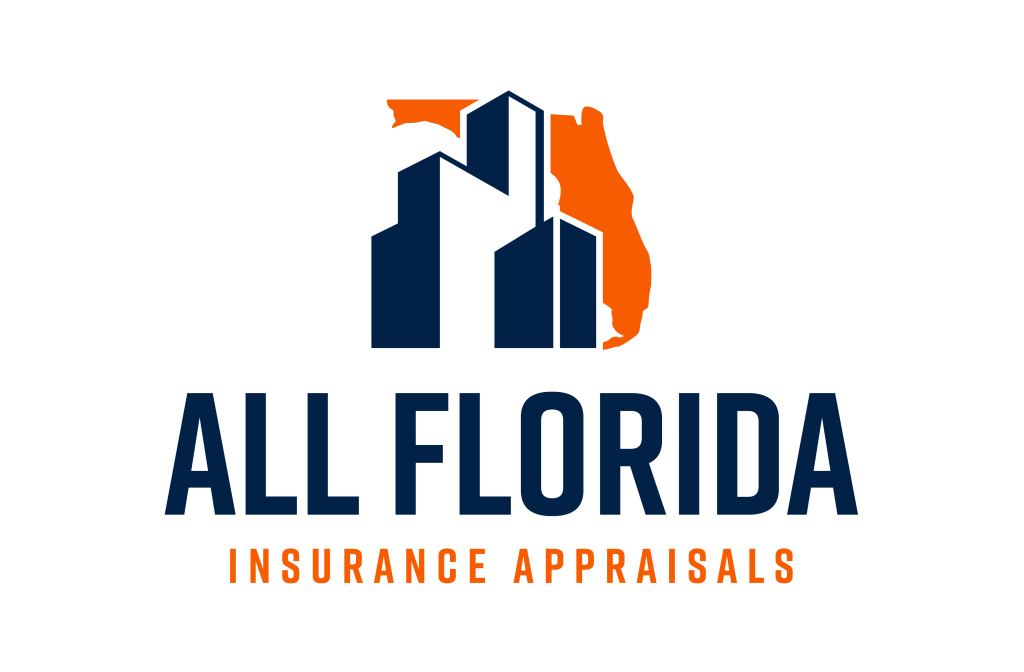Why They Matter for Florida Businesses
When it comes to protecting your commercial property in Florida, having the right insurance coverage isn’t just smart—it’s essential. One of the most important aspects of determining your insurance needs is understanding the Replacement Cost Valuation (RCV) of your building. Replacement Cost Valuation appraisals are the foundation of a solid insurance policy because they provide an accurate estimate of what it would cost to replace your property with materials of similar kind and quality, without accounting for depreciation. In a state as disaster-prone as Florida, where hurricanes, floods, and fires are real threats, getting this number right is critical.
What is a Replacement Cost Valuation Appraisal?
A Replacement Cost Valuation appraisal assesses the cost to rebuild or replace a commercial property using materials of like kind and quality, based on current market prices. Unlike an Actual Cash Value (ACV) appraisal—which deducts depreciation from the total—an RCV appraisal ensures your policy covers the full cost to restore your property to its original condition. This means if disaster strikes, you won’t be left scrambling to cover costs out of pocket.
Why Florida Businesses Need RCV Appraisals
In Florida, the risks to commercial properties are heightened due to severe weather conditions. Whether your property is located in a hurricane evacuation zone or within a floodplain, your building’s insurance policy needs to reflect accurate values to prevent underinsurance or overinsurance.
Here’s why a Replacement Cost Valuation appraisal is so important in the Sunshine State:
-
Accurate Coverage: Without an RCV appraisal, your policy limits might be based on outdated or generic values. That can leave you underinsured, making it difficult to rebuild after a loss.
-
Compliance with Insurers: Many Florida insurers require updated RCV appraisals every few years to validate coverage amounts.
-
FEMA Compliance: If your commercial building is in a flood zone, an accurate replacement cost valuation also supports FEMA 50% Rule Appraisals, ensuring compliance with federal rebuilding guidelines.
-
Informed Decision-Making: RCV appraisals help you understand how your property’s value is evolving with the market and inflation, allowing for better financial planning.
RCV vs. ACV: Know the Difference
Understanding the difference between RCV and ACV (Actual Cash Value) is crucial for making informed insurance decisions.
-
RCV (Replacement Cost Valuation) covers the full cost of rebuilding your property without deducting depreciation.
-
ACV (Actual Cash Value) considers depreciation, offering less coverage and potentially higher out-of-pocket expenses after a claim.
Many commercial property owners mistakenly assume they are fully covered, only to discover after a claim that their policy only covers ACV. A professional Replacement Cost Valuation appraisal removes this uncertainty and ensures your policy truly protects your investment.
What Does an RCV Appraisal Include?
A comprehensive Replacement Cost Valuation appraisal will typically include:
-
A physical inspection of the property
-
Detailed building measurements and component breakdown
-
Analysis of local construction costs and labor rates
-
Adjustments for unique architectural features or specialized materials
-
Full report documentation, including photos and replacement cost summaries
Having this documentation ready also simplifies the claims process should you ever need to file one.
When Should You Update Your RCV Appraisal?
It’s best practice to update your RCV appraisal every three to five years—or sooner if you’ve made major renovations, expanded your space, or seen a change in local construction costs. With inflation and supply chain volatility affecting material prices, outdated appraisals can put your property at risk of being undervalued.
Common Industries that Benefit from RCV Appraisals
Replacement Cost Valuation appraisals are not just for large-scale corporations. Businesses and properties that benefit include:
-
Office buildings
-
Warehouses and manufacturing facilities
-
Retail centers and shopping plazas
-
Multi-family dwellings and apartment buildings
-
Hotels, motels, and resorts
-
Restaurants and entertainment venues
How to Choose the Right Appraisal Provider
Not all appraisal firms are created equal. When selecting a provider for your Replacement Cost Valuation, look for:
-
State-certified or licensed appraisers
-
Deep knowledge of Florida’s building codes and insurance requirements
-
A history of working with commercial clients
-
Experience with both replacement cost and actual cash value methodologies
-
Clear, professional reports suitable for submission to insurance carriers
Partner with a Trusted Name in Florida
When accuracy and protection matter, you need a team that understands the unique risks and regulations of commercial property ownership in Florida. All Florida Insurance Appraisals is your trusted partner for Replacement Cost Valuation appraisals and more. Our licensed appraisers specialize in commercial insurance appraisals across the state, providing detailed, defensible reports that help you secure the right insurance coverage. Whether you own a warehouse, hotel, or retail space, we’ll ensure your property is appraised correctly—giving you peace of mind and financial security when it matters most.
Contact All Florida Insurance Appraisals today and safeguard your property with confidence.












